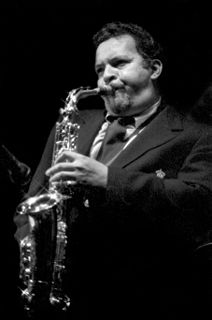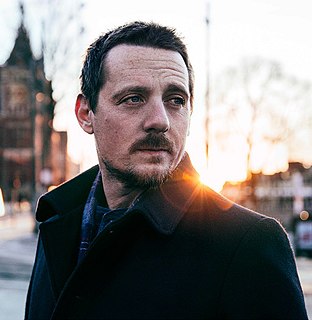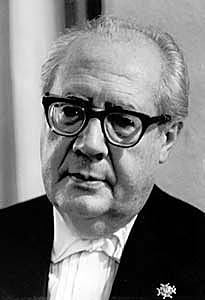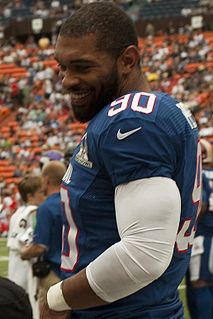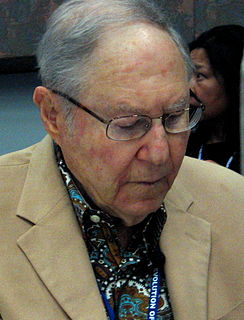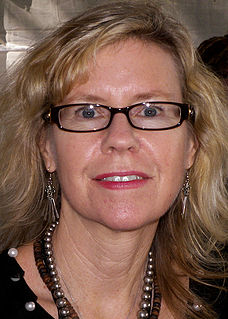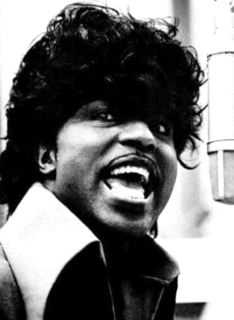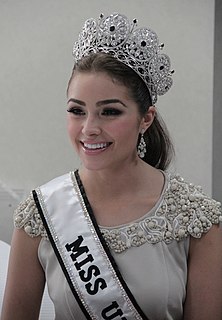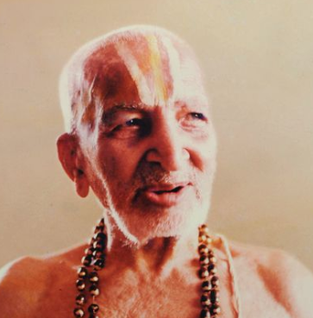A Quote by Rafe Esquith
I have students who are PhDs in music who come back and scored the music and teach the kids the instruments that I don't know how to play. Those are the points of light, the former students.
Related Quotes
In the 1960s when the recording studio suddenly really took off as a tool, it was the kids from art school who knew how to use it, not the kids from music school. Music students were all stuck in the notion of music as performance, ephemeral. Whereas for art students, music as painting? They knew how to do that.
Looking back on it, now I can identify the points in my life when I wasn't playing, and music - and didn't have that outlet - those were the points when I was most unguided and self destructive because I didn't have that channel to get those energies out. I'm a much healthier person when I play music.
I had a drummer in my band who started teaching me tricks to come up with interesting rhythms. Because I don't come from a musical background, I've never studied music, and I don't know music theory at all, so a lot of stuff I discover on my own are things students would learn in the first grade of music.
After considering the ways that I might be able to help young college students, I decided to continue my support of the Light on the Hill scholarship. I would like to endorse this particular fund and encourage other former UNC students who have found success to reach back and assist the efforts of current and future Tar Heels.
When the kids see the poverty in their neighborhood, but they see these successful kids who come from the countries they come from, come from Mexico, come from Korea, come from the Philippines, come from Salvador, and were doing really well, it motivates them to do better. The former students give them a vision of what's possible.
By believing that only some of our students will ever develop a love of books and reading, we ignore those who do not fall into books and reading on their own. We renege on our responsibility to teach students how to become self-actualized readers. We are selling our students short by believing that reading is a talent and that lifelong reading behaviors cannot be taught.
Whenever we can, we try to talk to students. If I can, I'll invite kids from a school to a sound check and take questions from them. I want to show them it's cool to play the trombone. Kids are influenced by what's accessible to them. It's hard for kids to be introduced to music other than what they see on TV and video.
More than half of my former students teach - elementary and high school, community college and university. I taught them to be passionate about literature and writing, and to attempt to translate that passion to their own students. They are rookie teachers, most likely to be laid off and not rehired, even though they are passionate.
I teach a graduate seminar called "Theorizing Improvisation" that is pretty interdisciplinary, but really makes students deal with black studies seriously. A lot of authors of color, a lot of women of color - those become central to the intellectual trajectory. It considers music, but it also considers areas of thought that might seem unrelated to music. That's partly because we're expanding the notion of what music is beyond objects, beyond scores, beyond things.


